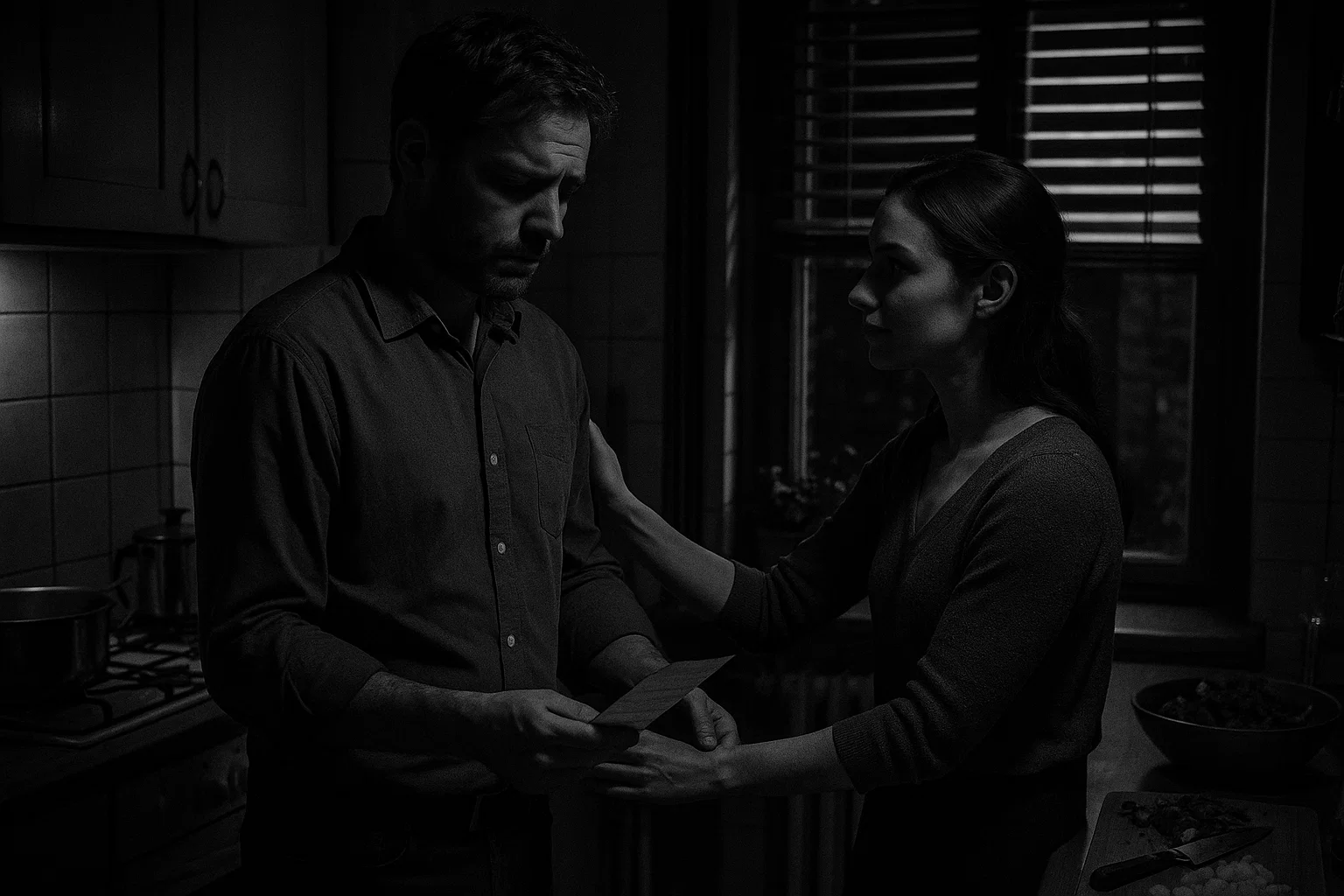Emotional Intelligence in Relationships: Why It Matters

The Relationship Superpower You Weren't Taught in School
When we think about what makes a relationship work, we often focus on things like shared interests, physical attraction, or similar life goals. While these are important, they are not the foundation of a lasting partnership. The single greatest predictor of relationship success and satisfaction is a quality we rarely talk about: Emotional Intelligence (EQ). EQ is not about your IQ or how smart you are; it's about how smart you are with emotions—your own and others'. It is the unspoken superpower that allows couples to navigate conflict, build deep intimacy, and weather life's inevitable storms together.
The Four Pillars of EQ: A Relationship Superpower
Emotional intelligence can be broken down into four core skills. A partner who is strong in these areas is equipped to build a healthy, resilient connection.
- 1. Self-Awareness (Understanding Yourself): This is the foundation. It's the ability to recognize your own emotions as they arise and to understand why you feel the way you do. A self-aware partner knows their own triggers, insecurities, and tendencies. They can say, "I'm feeling irritable today because of stress at work," instead of just picking a fight.
- 2. Self-Management (Managing Yourself): This is what you do with your self-awareness. It's the ability to control impulsive behaviors, to manage your emotions in a healthy way, and to stay calm under pressure. A partner with strong self-management doesn't lash out in anger or shut down completely during a difficult conversation; they can pause, breathe, and choose a more constructive response.
- 3. Social Awareness (Understanding Others): This is the pillar of empathy. It's the ability to accurately read the emotional cues of others—their tone of voice, body language, and what they *aren't* saying. A partner with social awareness can walk into a room and sense that you've had a bad day without you having to say a word.
- 4. Relationship Management (Connecting with Others): This is where the other three skills come together. It's the ability to use your awareness of your own and others' emotions to manage interactions successfully. In a relationship, this looks like clear communication, effective conflict resolution, and the ability to build and maintain trust.
From Theory to Reality: What High EQ Looks Like in a Partnership
How does this all play out in real life? The difference between a low-EQ and a high-EQ relationship is stark, especially during conflict.
- When expressing a need:
- Low EQ: Bottles up feelings until they explode with resentment ("You never help me around the house!").
- High EQ: Can state a need calmly and clearly ("I'm feeling overwhelmed by the chores this week. Could you please help me with the laundry tonight?").
- When receiving a complaint:
- Low EQ: Immediately gets defensive or stonewalls ("It's not my fault!" or the silent treatment).
- High EQ: Can listen without becoming defensive, validate their partner's feelings, and take responsibility for their part ("I can see why you feel that way. I'm sorry my actions hurt you.").
- When a partner is distressed:
- Low EQ: Dismisses their feelings ("You're being too sensitive") or immediately tries to fix the problem without offering comfort.
- High EQ: Offers empathy first ("That sounds incredibly stressful. I'm here for you.") and creates a safe space for their partner to be vulnerable.
EQ is a Skill, Not a Fixed Trait
The best news about emotional intelligence is that it is not a fixed quality you are born with. It is a set of skills that can be learned, practiced, and developed over time. The process of healing from a breakup is a powerful opportunity to work on your own EQ. By practicing self-awareness (journaling about your feelings), self-management (pausing before sending an angry text), and social awareness (truly listening to your friends), you are not only healing from your past but also actively training to be a better partner in the future.
Ultimately, a relationship between two people with high emotional intelligence is a safe harbor. It is a space where both partners feel seen, heard, and respected, even during disagreements. While chemistry may bring you together, it is emotional intelligence that will keep you together, transforming the inevitable challenges of life into opportunities for even deeper connection.


